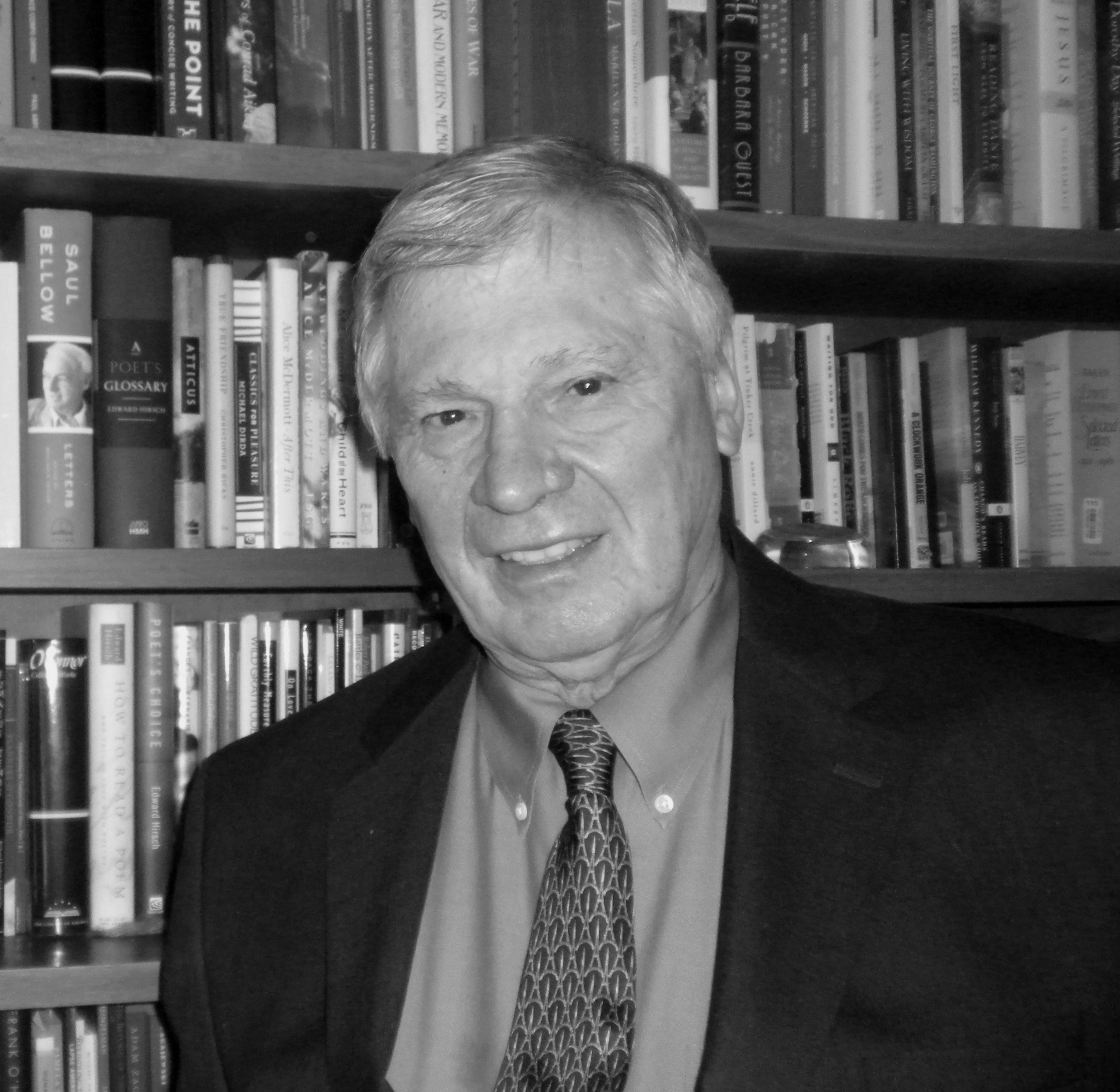That Morning after the Assassination of Malcolm X
“Terror on every side! Denounce him! Let us denounce him!”
All my friends are waiting for me to slip. They say,
“Perhaps he will be deceived; then we will prevail
over him and take our revenge on him.” Jeremiah 20:10
“Get back on the train,” he said. “Then go back
downtown to 59th, and take the Number One.”
He was in his mid-fifties, I think, the man behind
the booth. Brown, soft spoken, eyes down.
“Then take the train back uptown to 116th
and get off at Columbia University.” He told
me this I have come to see to keep me
from getting off the train there in Harlem
on that dead and silent morning. No, I told
myself. After all, I was already up at 116th.
Easier to just walk up the subway steps, cut through
the park at Morningside and on to the campus.
This was February 22nd, 1965,
a bright crisp Monday morning. I’d come up
on the subway from Hunter to get a copy
of How to Read French which the adjunct at Hunter
had assigned us. One more way of talking
I’d have to learn to pass my PhD exam come fall.
One more piece of that jagged jigsaw puzzle
I’d have to fit together if I was ever going to earn
my degree in English and Comp Lit from the dons
at the City University of New York.
Understand: I was a week shy of my twenty-fifth,
married now eighteen months, and living
in a two-family apartment on Booth Memorial
out in far-flung Flushing, our firstborn
already well on his way. The fact that a Black
man named Malcolm X had just been killed
with a blast from a hidden sawed-off shotgun
the afternoon before at the Audubon Ballroom
north of here in Harlem had registered, I think,
but barely. But what had any of this to do with me?
This was New York City, you have to understand,
and this was the Sixties. And what did I know
anyway about this Malcolm with that X in place of
some white slave master’s name? And wasn’t this
the guy who, when JFK was shot down in Dallas
fifteen months before, had said how the chickens
had finally come home to roost? The same man
who’d called Cassius Clay (now, thanks to him
Muhammed Ali) his close friend until they too
had parted ways (to Ali’s too-late regret)? The man
who once took on William Buckley in that debate about
white privilege, and won? Only after I got my prized
degree and moved on to teach up in Amherst did I
begin to put the pieces of the puzzle back together
when I came at last to teach Malcolm’s autobiography,
and learned what courage the man had to have to face
down the rank corruption in the leader he’d followed
for a dozen years, the prophet Elijah Muhammed,
and turned instead to Mecca for the strength
he saw the faithful offered so he could carry on,
in spite of being targeted by the FBI
and New York’s Finest, the dark side of human
nature being what it is. Add to all of this his beloved
Betty there on that stage with him, mother of their
four daughters, with two more on the way, whom
he would never live to see. Add too the gunshot
wounds to his chest, left shoulder, arms and legs,
the blood gurgling from his mouth as he lay dying.
And hadn’t the leader of the Nation, miffed at
Malcolm’s leaving, made it known how the man
was now a traitor and so must die. And if he himself
washed his hands of the job, not so his followers.
And now Malcolm X Shabazz was dead.
Though not his message. No, not what he had
had to learn the hard way, about the cost of learning
to love your brother, black, brown or even white.
That ice-cold morning, as I walked the ghostlike streets
of Harlem toward the looming Heights, two young
Black men in dark suits stood there on the sidewalk
talking, surprised to see a white man like myself
with a briefcase in his hand walking there, even as
it dawned on me that I might well be in the wrong
place at the wrong time. And here’s the thing: like two
angels, they stared, winked, parted, and let me pass.
From All That Will Be New (Slant Books, 2022) by Paul Mariani. Copyright © 2022 by Paul Mariani. Used with the permission of the author.

